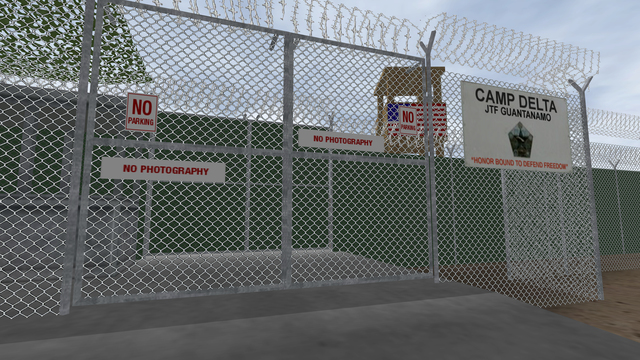Re:Group: Beyond Models of Consensus
Please join Not An Alternative, Eyebeam Art and Technology Center, and
Upgrade NY! this Thursday, June 10 for the opening of Re:Group: Beyond
Models of Consensus, an exhibition which examines models of
participation and participation as a model in art and activism.
Re:Group proposes that with participation now a dominant paradigm,
structuring social interaction, art, activism, the architecture of the
city, the internet, and the economy, we are all integrated into
participatory structures whether we want to be or not. The exhibition
showcases work that subverts existing systems or envisions new
alternatives to the ways in which individuals can take part, or choose
not to take part, in social and cultural life.



